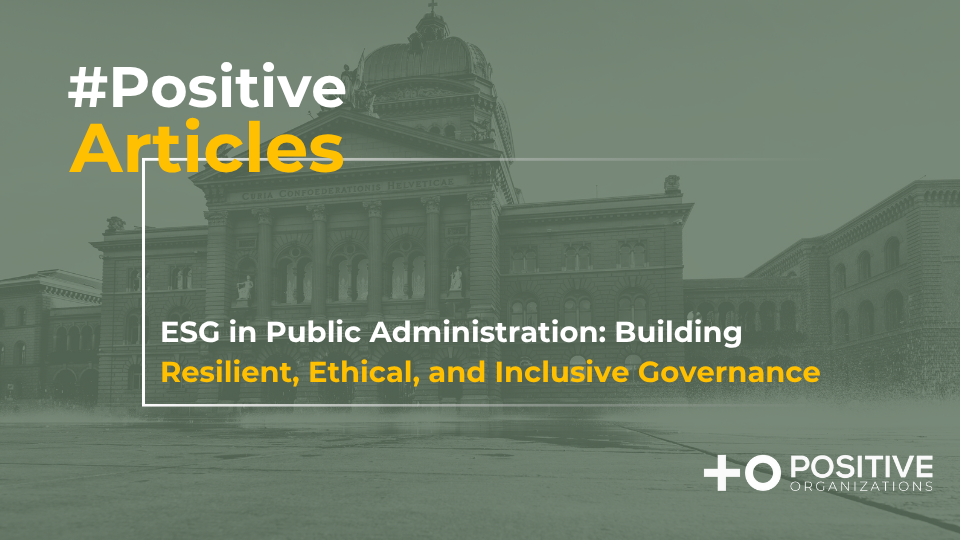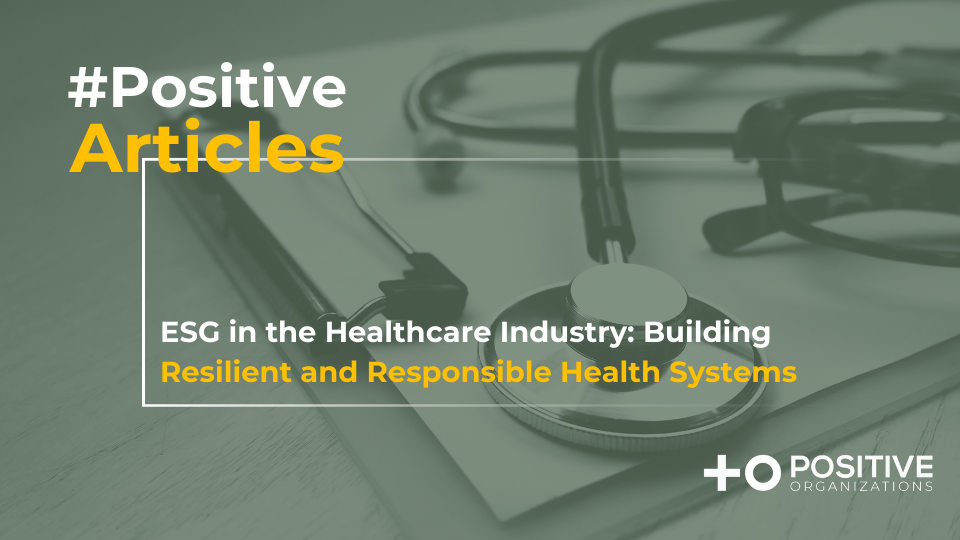News & Publications
.png)

On June 18, 2023, the Swiss population was asked to vote on the Federal Law on Climate Protection Goals, Innovation and Strengthening Energy Security, which passed with 59.1 percent of the vote. Thus, the country's commitment to climate change mitigation and the Net Zero goal by 2050 was formalized through three main objectives, such as reducing greenhouse gas emissions and using negative emission solutions, adapting to and protecting against the effects of climate change, and finally, climate change resilience. The most interesting aspect of this proposal, however, is not so much the legislative prohibitions placed on protecting the surrounding environment, but more the incentives aimed at companies to urgently develop and strengthen their climate strategies in line with the Federal Council's goals.
In an era dominated by climate change and growing environmental responsibility, understanding and managing the carbon footprint of companies is no longer an optional task; it is an imperative. A study by the American consulting firm McKinsey (McKinsey, 2022) found that domestic CO2 emissions in Switzerland account for only 0.1 percent of annual global emissions. However, if we consider both the contribution of imported goods and that of Swiss companies operating abroad, the indirect influence reaches 2-3% of global CO2 emissions. Contrary to what one might think, the impact generated by the country's economy is far from insignificant, once again underscoring the urgency of concrete action and commitment.
As the world faces the consequences of global change, several governments are taking measures to counter this crisis such as emissions trading programs, carbon taxes, and strict standards to regulate energy efficiency and emissions. Swiss companies must, therefore, recognize that the business landscape is evolving rapidly, and therefore, understanding and managing the risks associated with greenhouse gas emissions are critical to ensuring long-term success and resilience in a changing environment.
How, however, can Swiss companies embark on a path in this direction? Sustainability and all that it implies are increasingly penetrating within the corporate fabric. However, it is often unclear how this path can be started. A complete and accurate inventory of greenhouse gas emissions can bring significant value to companies. First, measuring GHG emissions enables companies to identify their major emission sources and understand the risks they are exposing themselves to, not only climatically but also financially and economically. Negative externalities associated with corporate activities can have a significant impact on reputation and the overall balance sheet.
Financial costs resulting from environmental litigation can undermine a company's economic and financial sustainability. The lack of a sound strategy for these risks can result in onerous direct costs in an attempt to contain or remedy them, as well as figurative costs as a result of lost sales due to poor environmental performance In addition, acting in an increasingly unstable and unpredictable environment can lead companies to experience a significant increase in insurance costs. An additional risk factor that could arise as a consequence is the withdrawal of investors, who are increasingly integrating sustainable principles into their investment criteria. According to the 2023 market study compiled by Swiss Sustainable Finance (SSF, 2023), sustainable investment volumes amounted to CHF 1,610 billion at the end of the year 2022: including different types of investment approaches, these investors make up a particularly large share of the Swiss market and, therefore, cannot be excluded, let alone underestimated.
Another aspect to consider is, then, strictly operational activities, looking specifically at the supply and production chain. Lack of attention to environmental risks can result in the disruption of operations as a result of extreme weather events or slowdowns in production, with serious financial and corporate reputation impacts. These financial impacts can be significant and unpredictably long-lasting, again underscoring the urgent need for strategic planning that includes an assessment of one's environmental impact and its associated consequences.
However, embarking on this path is not always easy for companies, considering the complexity of the ever-changing regulatory environment and the resources required to implement these measures. Outside support from specialized teams can be extremely beneficial. Consulting firms such as Positive Organizations offer experience and knowledge in sustainability and can guide companies step by step, from analyzing their value chain to defining their reporting scope, from data collection to quantifying their environmental impact. This process enables the implementation of concrete actions to comply with regulations, improve performance and competitiveness.
A carbon footprint assessment is not only a public reporting tool, but a powerful exercise in assessing corporate performance. It highlights critical issues and clearly signals where more attention and resources need to be focused. Many companies that have taken this path and made improvements in high-impact areas have benefited both reputationally and economically by reducing costs and improving energy efficiency. Addressing environmental challenges is crucial to the future of companies and the communities in which they operate. Developing a carbon footprint is a strategic step toward a more prosperous future.
Start Your
Journey Today









.png)





